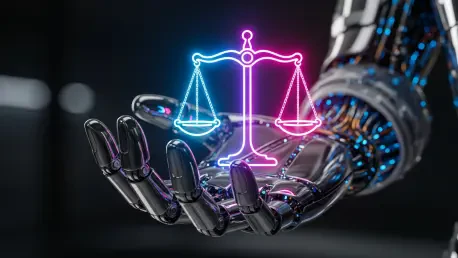
A nation's financial integrity can be its greatest asset or its most debilitating liability, and for Nepal, the scale is tipping dangerously toward the latter as it struggles to meet the stringent demands of the world's anti-money laundering watchdog. Placed on the Financial Action Task Force's

The global economy now moves at the speed of light, with trillions of dollars crossing borders in mere seconds, yet this unprecedented velocity has created deep shadows where financial crime thrives unchecked by outdated defenses. As real-time payments become the global standard, financial

The accelerating global proliferation of disparate digital tax mandates is creating a silent financial crisis within the finance departments of multinational corporations, forcing them to confront the unsustainable nature of their fragmented compliance infrastructures. As governments worldwide

The relentless pace of global regulatory reform is creating a deluge of complex legal documents that threatens to overwhelm even the most well-staffed organizations. In this environment of accelerating change, businesses and advocacy groups are drowning in a sea of intricate legal text, struggling

As global e-commerce titans race toward the lucrative milestone of an Initial Public Offering, many discover too late that their biggest obstacle is not market competition or investor appetite, but a dense and shifting labyrinth of international legal requirements. The journey from private

Overview of US Trade Policy and Global Trade Landscape In an era where global economies are more interconnected than ever, recent shifts in US trade policy have sent ripples across international markets, affecting everything from consumer prices to corporate investments. The United States, as a